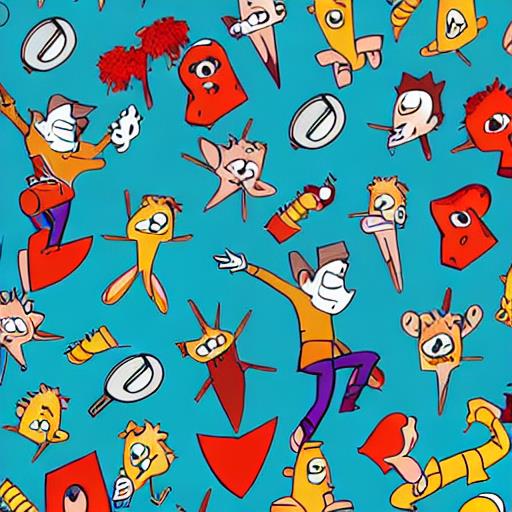For individuals with fragmented memories, such as those affected by Alzheimer’s disease or traumatic experiences, music can play a transformative role in helping them reconnect with their past.
Unlocking Lost MemoriesWhen traditional memory retrieval methods prove difficult, music can serve as a key to unlocking lost memories.
Familiar melodies and rhythms can stimulate the brain’s auditory cortex, which is often preserved in dementia patients.
By listening to music that was meaningful in their past, individuals can experience a flood of emotions and associations that trigger forgotten recollections.
Bridging Communication GapsMusic transcends linguistic barriers, making it an invaluable tool for communicating with individuals who have difficulty expressing themselves verbally.
For those with aphasia or other language impairments, singing familiar songs or playing musical instruments can provide a means to convey emotions and memories that would otherwise remain inaccessible.
Reducing Anxiety and AgitationMusic has a calming effect on the nervous system, making it particularly beneficial for individuals with dementia or anxiety.
Listening to soothing melodies or participating in music therapy sessions can help reduce agitation, improve mood, and promote relaxation.
Redefining Dementia CareMusic has emerged as an integral part of dementia care, shifting the focus from managing symptoms to enhancing quality of life.
Music-based interventions can stimulate cognitive function, promote social interaction, and create a sense of connection and well-being.
The Power of Music for HealingIn the realm of memory, music holds immense power to heal fragmented pasts.
By unlocking lost memories, bridging communication gaps, reducing anxiety, and redefining dementia care, music provides a beacon of hope for those navigating the challenges of memory loss.
Case Study:
Alzheimer’s and the Miracle of MusicA poignant example of music’s healing power is the case of Henry, an Alzheimer’s patient.
After years of struggling to remember his loved ones, Henry was brought to a music therapy session.
When the therapist played his favorite jazz record, a remarkable transformation occurred.
Henry’s eyes lit up, and his body began to move to the rhythm.
He sang along to the lyrics, his voice clear and strong.
For a brief moment, the fog of dementia lifted, and Henry was transported back to his younger days, filled with joy and memories.
Henry’s story is a testament to the extraordinary power of music to bridge the gaps in fragmented memories and bring solace to those navigating the challenges of memory loss.

